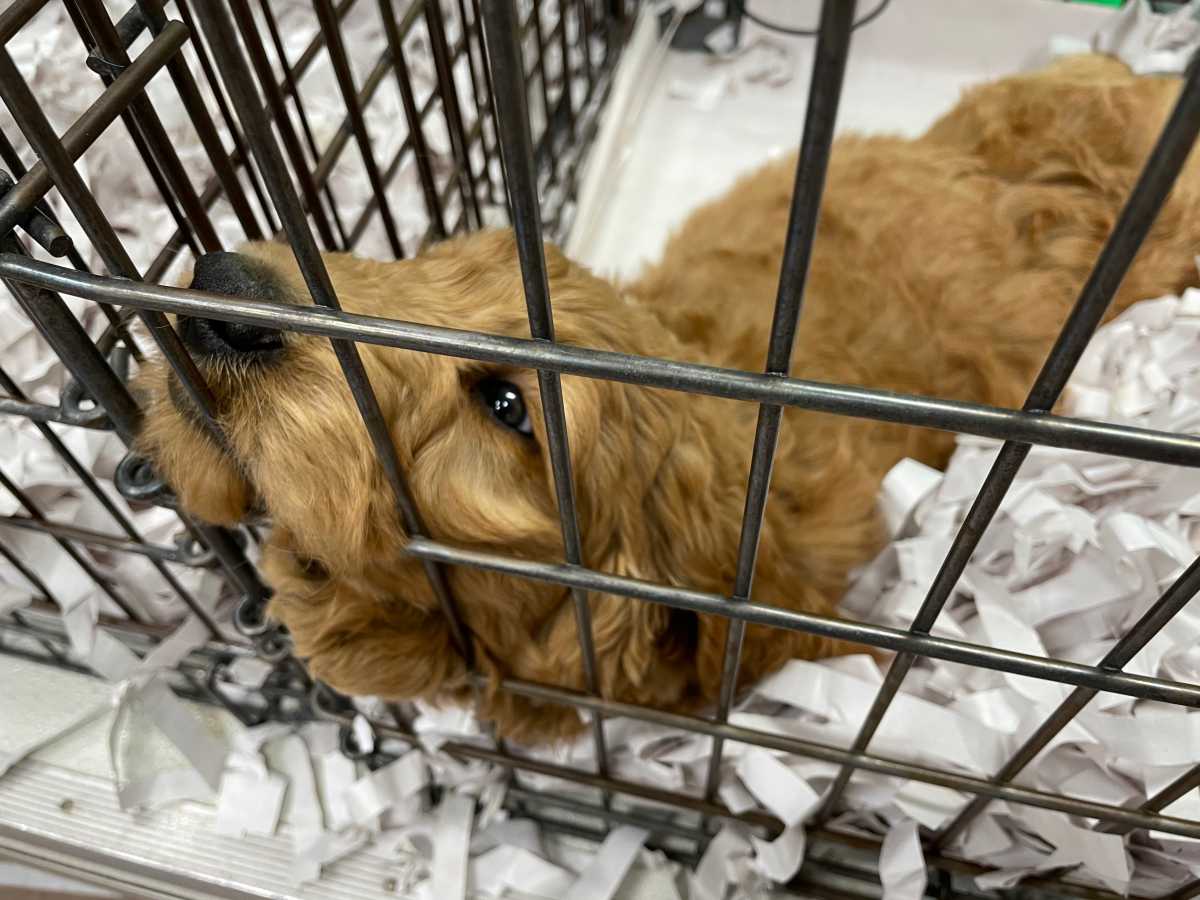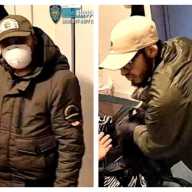A new law banning the sale of dogs, cats, and rabbits in pet stores across New York State came into effect on Sunday, forcing many pet stores to reevaluate their business models and prompting mixed reactions from stakeholders.
The Puppy Mill Pipeline Act, signed by Gov. Kathy Hochul in 2022, officially took effect on Dec. 15, prohibiting retail pet shops from selling dogs, cats, and rabbits. The legislation, co-sponsored by Queens state Sen. Michael Gianaris and Manhattan Assembly Member Linda Rosenthal, aims to crack down on unethical breeding practices and encourage pet adoption.
Nasser Ahmed, owner of Vanity Pups in Bayside, said his store will pivot to focus on services such as grooming, daycare, and pet accessories. Despite these changes, Ahmed anticipates a significant financial blow and has been forced to lay off four of his five staff members to keep the business afloat.
“A lot of stores are closing,” Ahmed said. “I’m going to have to let go of basically my entire staff and come down to just me running the store until I see how things go along, but I’m expecting a huge hit as far as revenue goes. So it’s going to be very challenging to stay open.”
Vanity Pups, located at 3813 Bell Blvd., has been operating for 26 years, but Ahmed is uncertain about the future. While he is confident the store will remain open through 2025, he is less optimistic about 2026.
“We know we’re going to be here for 2025, but we’re really in question about 2026 and going further, depending on how the next year looks,” Ahmed said.
Ahmed said he had prepared his staff for this shift since the legislation was signed into law in 2022. “We’ve had two years of notice, basically. So I’ve explained to everybody to please start moving ahead and looking for other opportunities,” Ahmed said.
Ahmed criticized the law, claiming it would not effectively address issues related to unethical breeding practices. Instead, he predicts the law will allow breeders to raise prices and incentivize New Yorkers to purchase pets from neighboring states like Connecticut or New Jersey, where such sales remain legal.
“It’s really easy to identify which stores are buying from bad places or bad breeders and what stores are actually doing the right thing,” Ahmed said.
According to the New York Department of Agriculture, there are approximately 180 pet stores in the state, including 26 in New York City.
While some pet store owners have expressed frustration, animal welfare advocates have applauded the new law. LIC Feral Feeders, a Long Island City-based nonprofit supporting feral cats, welcomed the measure.
“The vision is really that [pet stores] will sell pet-related products but offer animals for adoption,” said Jannatul Ahmed, director of operations for LIC Feral Feeders. “This helps move the needle toward reducing the overpopulation of cats, dogs, guinea pigs, rabbits—you name it.”
Jenny Tsai, founder of Astoria-based Tiny Cuties, said the law would have minimal impact on her business, which operates without a storefront and focuses on ethical breeding practices. She believes the legislation will curtail unethical breeders and improve animal welfare standards.
“The legislation will help eliminate puppy farming and clamp down on people who don’t treat animals well,” Tsai said.
While the law’s long-term effects remain to be seen, its implementation has already caused significant upheaval in the pet store industry, leaving owners and animal welfare advocates to grapple with its implications.





































